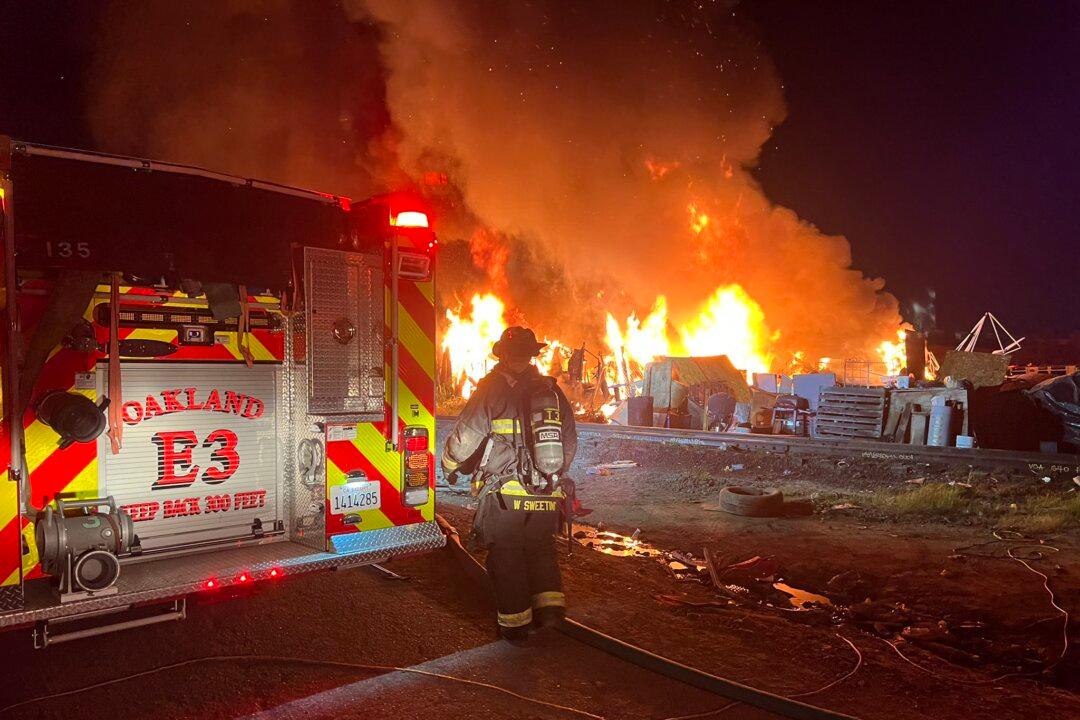SACRAMENTO—Five California residents were arrested March 12 for alleged roles in a scheme to help Chinese nationals cheat on literacy proficiency exams used to enter U.S. universities.
The five individuals allegedly used false, forged, or counterfeited Chinese passports to take the exams on behalf of students from China, officials say. The Chinese students intended to become foreign exchange students in the United States, according to the U.S. Immigration and Customs Enforcement (ICE) website.





